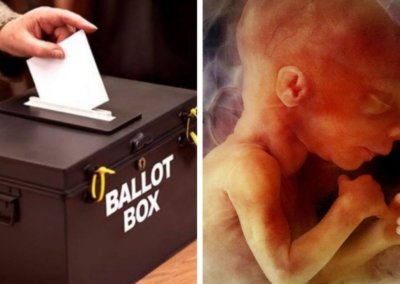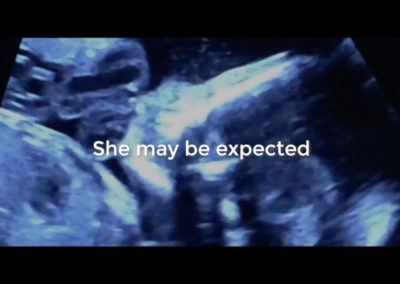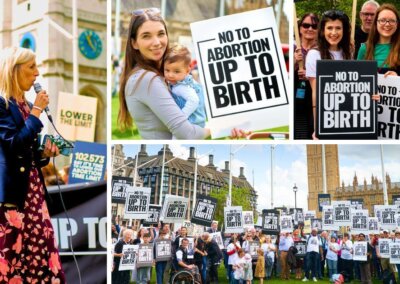Following the UK General Election on Thursday, the number of pro-life MPs has increased while the pro-abortion lobby has lost a large number of MPs according to an analysis conducted by pro-life charity Right To Life UK.
Ahead of the vote, tens of thousands of the charity’s supporters urged MP candidates to sign the Both Lives Pledge, which outlined three policy changes designed to increase protection for babies in the womb and end pregnancy discrimination for women. Over 200 candidates signed the pledge ahead of polling day.
A number of prominent signatories of the Both Lives Pledge were elected. They include the former Secretary of State for International Trade, Liam Fox, Fiona Bruce, Maria Caulfield and Mary Glindon.
Meanwhile, a number of outspoken pro-abortion MPs lost their seats including Anna Soubry, Paula Sherriff, Dennis Skinner and Chuka Umunna.
Ahead of the election, there was a major backlash against a decision by Labour and the Liberal Democrats to pledge in their manifestos to introduce an extreme abortion law to the UK.
Both parties severely underperformed in the election on December 12. Conversely, the major parties who did not include a manifesto promise to introduce extreme abortion changes to abortion law, the Conservatives and Scottish National Party, both gained a large number of seats.
The results come after what has arguably been the worst parliament on record when it comes to life issues after MPs in Westminster voted to impose Europe’s most extreme abortion law on Northern Ireland.
However, the abortion lobby has made it clear that they will be seeking to introduce an extreme abortion proposal, possibly going as far as allowing abortion up to birth for any reason, most likely as an amendment to a new Domestic Abuse Bill.
Pro-life charity Right To Life UK has said it will be working hard to oppose the proposed new abortion framework in Northern Ireland, which is due to be introduced on March 31, and will also be working to block any attempts to introduced an extreme abortion law to Great Britain.
Additionally, the charity has said it will work closely with MPs to campaign for positive changes designed to increase protection for babies in the womb and end pregnancy discrimination for women.
In July, assisted suicide was debated in parliament for the first time since MPs voted by a huge majority, of 212, in 2015 to reject plans to introduce it to the UK.
Despite all major disability rights groups in the UK remaining opposed to any change in the law, it is likely there will be an attempt to introduce assisted suicide via a private members bill in this parliament. A significant number of MPs signed the Right To Life UK pledge to oppose assisted suicide and support better palliative care.
A spokesperson for Right To Life UK, Catherine Robinson said:
“Our analysis of the make-up of the new parliament indicates that the number of pro-life MPs has increased while the pro-abortion lobby has lost a large number of MPs. While this is positive, the threat of the introduction of an extreme abortion law has not gone away. The Domestic Abuse Bill will be back and the abortion lobby will be back in force, ready to amend it with the aim of introducing an extreme abortion law to England and Wales.
“We are calling on people throughout constituencies in the UK to make it clear to their local MP that they are against introducing an extreme abortion law or assisted suicide to England and Wales – and instead want to see positive policies that will better protect and support women, unborn babies and the elderly.”












